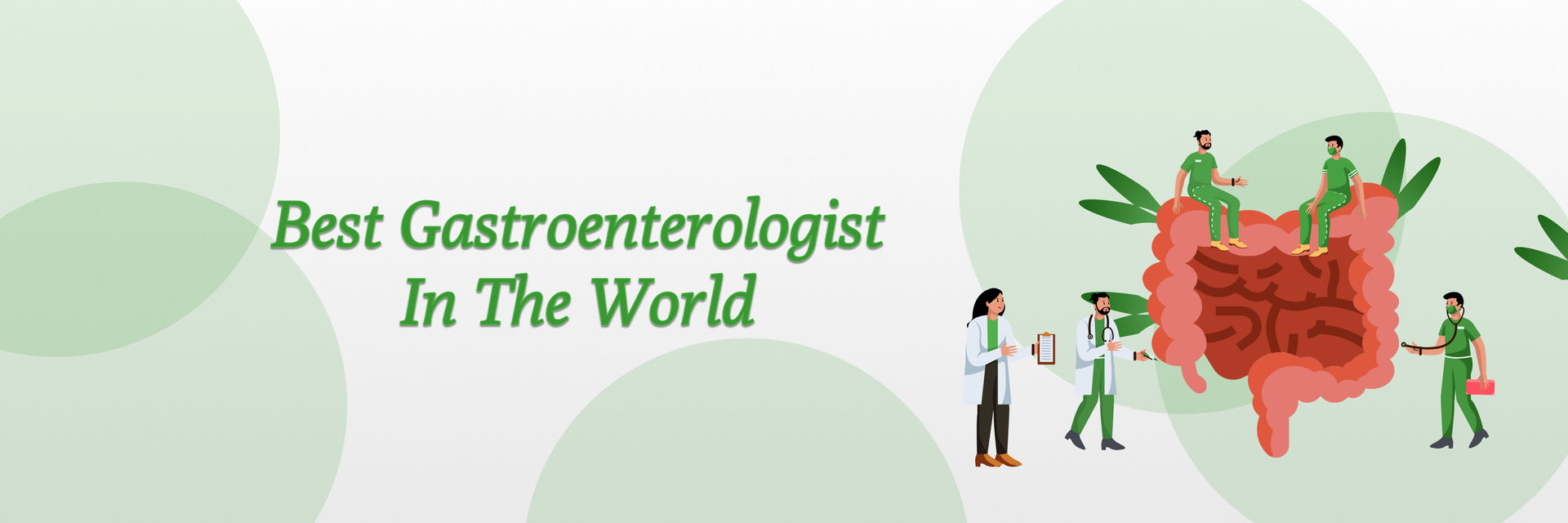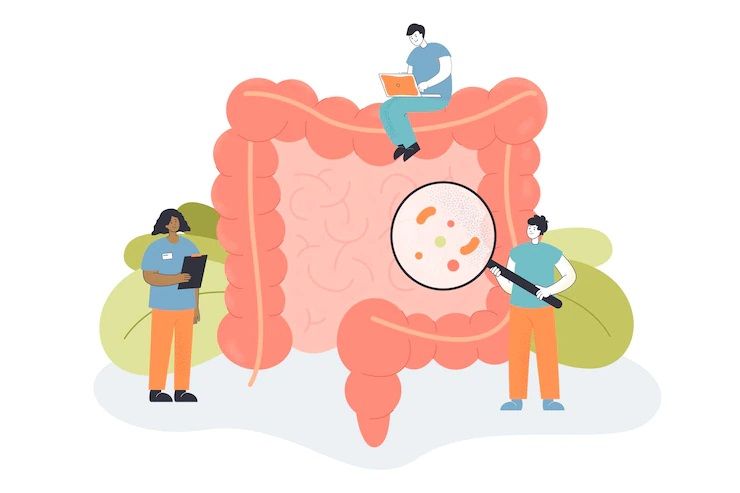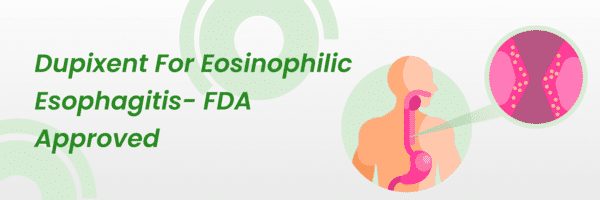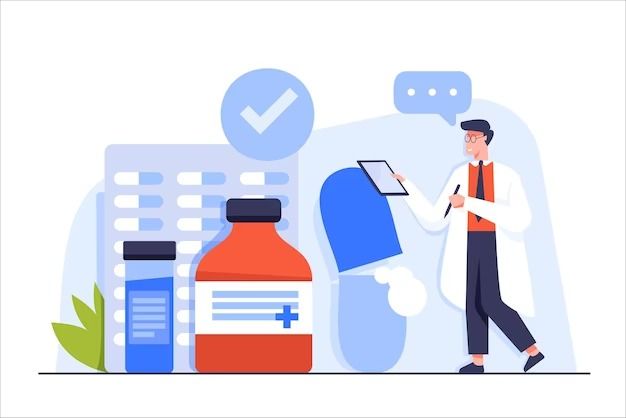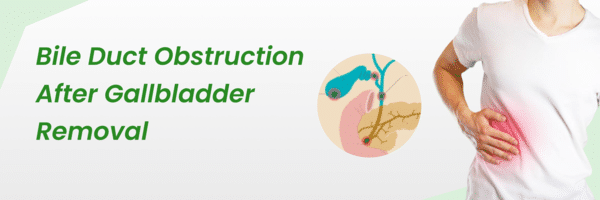Bloating can be more than just an uncomfortable inconvenience; it can significantly impact your quality of life, making you feel sluggish and self-conscious. Many people find themselves asking, Do probiotics help with bloating? The answer is a resounding yes. Probiotics, the beneficial bacteria that inhabit your digestive system, play a crucial role in maintaining gut health and function. This comprehensive guide will explore how integrating probiotics into your daily routine can help manage bloating and contribute to a healthier lifestyle.
Understanding Bloating and Its Causes
Bloating is often the result of digestive disturbances that lead to gas buildup or increased water retention in the gut. It can be caused by a variety of factors, including diet, stress, and underlying health conditions. Foods that are high in fiber, while generally healthy, can sometimes contribute to gas and bloating in individuals with sensitive digestive systems. Similarly, stress can affect gut motility and exacerbate symptoms of bloating.
The Role of Probiotics in Gut Health
Probiotics are live microorganisms that, when consumed in adequate amounts, confer a health benefit on the host. They are found in fermented foods like yogurt, kefir, sauerkraut, and kombucha, as well as in supplement form. These beneficial bacteria help balance the gut microbiome, the community of microorganisms living in the digestive tract. A balanced microbiome supports efficient digestion, reduces inflammation, and can prevent the overgrowth of gas-producing bacteria, thereby reducing bloating.
Incorporating Probiotics into Your Diet
Adding probiotic-rich foods to your diet is a delicious and natural way to combat bloating. Start your day with a serving of yogurt or kefir, or include fermented vegetables like sauerkraut or kimchi in your meals. Not only do these foods provide probiotics, but they also add flavor and nutrition to your diet.
If you're considering probiotic supplements, look for products with a variety of strains and a high colony-forming unit (CFU) count. Different strains offer different benefits, and a higher CFU count means more beneficial bacteria per serving. However, it's essential to consult with a healthcare provider before starting any supplement, especially if you have underlying health conditions.
Adjusting Your Diet for Optimal Gut Health
While probiotics play a significant role in reducing bloating, they are most effective when part of a broader approach to gut health. Reducing your intake of gas-producing foods, such as beans, onions, and carbonated beverages, can help minimize bloating. Instead, focus on a diet rich in whole foods, lean proteins, and healthy fats, which support overall digestive health.
Staying hydrated is also crucial. Drinking plenty of water throughout the day can help facilitate digestion and prevent constipation, which can contribute to bloating. Aim for at least 8 glasses of water daily, and consider herbal teas that promote digestion, such as ginger or peppermint tea.
The Importance of a Healthy Lifestyle
Managing stress is another key component of a bloating-reduction strategy. Chronic stress can impair gut function and exacerbate symptoms of bloating. Incorporate stress-reduction techniques such as meditation, yoga, or regular exercise into your routine to support both your mental and physical health.
Regular physical activity, in particular, can help stimulate digestion and reduce bloating. Even a brief walk after meals can encourage gastric mobility and help relieve symptoms.
Listening to Your Body
Understanding and responding to your body's signals is a fundamental aspect of managing your health and well-being, particularly when it comes to digestive issues like bloating. The uniqueness of each individual's gut microbiome means that personal observations and adjustments are key to finding what truly works for you. Here are several strategies to enhance how you listen to your body and tailor your diet and lifestyle for optimal gut health.
Keeping a Food Diary
Expanding on the idea of a food diary, it's not just about noting what you eat but also recording how you feel after each meal. Do you notice bloating, discomfort, or any other digestive symptoms? How about your energy levels and mood? Over time, patterns may emerge that highlight specific foods or ingredients that your body struggles with. This diary can also track your intake of probiotics and their effects, allowing you to adjust dosages or strains based on your observations.
Mindful Eating
Mindful eating practices encourage you to eat slowly and with attention, which can help you better recognize your body's cues of fullness and satisfaction. This practice also minimizes the likelihood of overeating, which is a common trigger for bloating. By chewing your food thoroughly, you aid the digestive process and give your body time to register what it's ingesting, making it easier to identify foods that may not agree with you.
Experimenting with Elimination Diets
If you suspect certain foods are causing issues, an elimination diet can be a structured way to confirm these suspicions. By removing specific foods or food groups from your diet for a period, then gradually reintroducing them while observing symptoms, you can identify triggers more accurately. Common culprits include dairy, gluten, certain types of fiber, and artificial sweeteners. Remember, such diets should be conducted thoughtfully and, if possible, with the guidance of a healthcare professional to ensure nutritional balance is maintained.
Conclusion
So here is the answer: Do probiotics help with bloating? Probiotics offer a natural and effective way to combat bloating and support gut health. By incorporating these beneficial bacteria into your diet, along with making mindful lifestyle adjustments, you can enjoy improved digestive health and a more comfortable, bloat-free life. Remember, a holistic approach that combines diet, exercise, and stress management is key to beating bloating and fostering a healthier, happier you.
Embracing probiotics and a healthy lifestyle not only helps manage bloating but also contributes to overall well-being. By making these positive changes, you're on your way to a more balanced gut microbiome and a more vibrant life.

